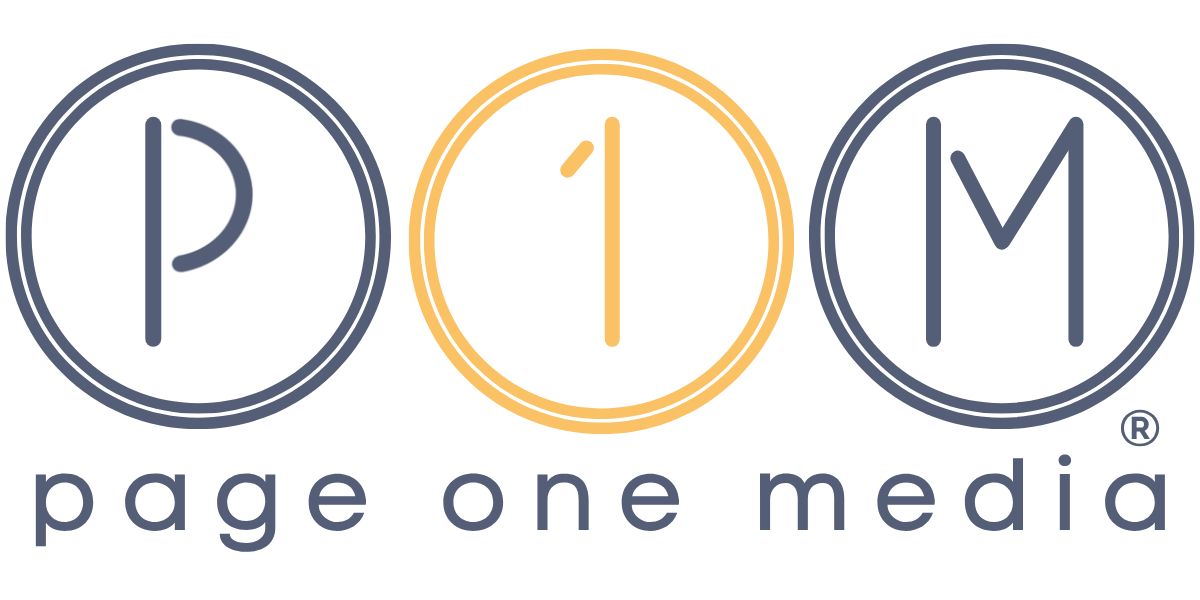
05 May 5 Things to Know about Working with Your Publicist
There are numerous ways that you can support your in-house book publicist accomplish what they need to with the limited time they have for each of their book campaigns. There is no doubt that it is easier to work hard for an author who is collaborative, supportive, and kind but it is also exceedingly helpful if they are also organized and respectful of the publicist’s time. Here are five things to know about working with your publicist to make your book’s publicity campaign as smooth and effective as possible.
1. Timelines and the Race for Coverage
The biggest challenge most book publicists face is working against the clock. Lead times for literary publicity are incredibly long—especially for magazines—and highly competitive. It’s often a race between who gets their galleys there first. Trade media (those all-important pre-reviewers like Publishers Weekly and Kirkus) and the “glossy magazines” (such as The Atlantic, Smithsonian, Vanity Fair) plan their content several months in advance. If you don’t deliver your manuscript on the due date your editor gave you, your publicist will start the campaign already behind the eight ball. A longer lead time also allows your publicist to fully engage with the book which will lead to creative and strategic opportunities, rather than scrambling to get up to speed on a short timeline. The moral of the story: stick to the schedule!
2. Effective Communication Runs Both Ways
Concise and thoughtful communication always runs both ways. A great publicist has learned to deliver relevant content to the most appropriate journalists, editors, and producers, in a timely and efficient manner and the same should be true of your communications to the publicist.
When communicating with your book’s publicist, please help them help you—basic email etiquette applies. For instance, if you have a few questions or suggestions, compile them into one email rather than multiple threads throughout the day as you think of things. Most in-house book publicists are working with far too many authors in any season. When juggling numerous campaigns, several emails when one would do or multiple email threads on different topics can quickly become impossible to keep track of. Ask your publicist what the best way to communicate with them is. Maybe a running google doc for ideas, a spreadsheet for contacts, or a Slack or Teams chat is better than adding to the email deluge.
Make the most of your meetings together and contribute to the check-in agenda. Things your publicist will love to know about are: your idea for an essay or oped, news in your subject area, publications and shows where you and your readers are learning about books, talks and events you are doing, as well as your questions about the campaign. A publicist is more likely to be prepared if they know what you are hoping to discuss in advance. This is especially true if your publicist is a junior member of the department who might need to seek advice from a more senior member of the team.
Of course, there are always exceptions and if your query is urgent, then your publicist will hopefully be quick to respond to an email.
3. Creating Content and Other Helpful Ideas
A big difference between promoting a book over other products is that it takes time to read! To your advantage, you can work with your publicist (or marketer) to develop content around and related to your book that works its way into the public discourse in the lead up to publication.
A good analogy is to think of your book as a film, before the film’s release there are often interviews with the creators and a trailer is released, offering a teaser to the audience but not giving the whole story away. Similarly for your book, you want to pique a reader’s interest enough to buy the book, without giving everything away. An excerpt from the book is perfect for this and allows potential book buyers to familiarize themselves with your voice. If you have ideas of sections of your book that would be good for excerpt, get them to your publicist nice and early.
For nonfiction books, you can bring attention to your work by associating it with the current news cycle. Op-eds, blog posts, newsletters, or a regular column are excellent ways to bring attention to the research in your book and position you as an expert in the field. Depending on your publicity plan, your in-house publicist may have time carved out to help you place an op-ed or your marketer* may have advice for setting up a blog or newsletter.
Fiction doesn’t always relate to the news of the day and that’s fine. Escapism from the news can be equally valuable. But it is still worth discussing with your publicist in case there are ways to get creative around the subject matter of your book. Does it have an interesting origin or research story? Why was it important for you to tell this story at this time in your life? An essay on the craft of writing. There are numerous ways to get your writing in front of potential book buyers in the lead up to your book publishing.
4. What Are Your Expectations?
All publicists understand that a book is an author’s baby and sometimes their life’s work. With the amount of time, resources, and energy that have been invested, there is nothing you want more than for the book to succeed. Everyone’s definition of success is going to look different, but we encourage you to set realistic expectations and express them to your book’s publicist from the get-go. There are lots of things an in-house publicist can do but there are also many that they cannot.
It is normal to expect your first meeting to include reviewing a publicity plan. That plan usually outlines the limits of what a publicist is going to be permitted to do for your book. For example, one of these limits might include not booking an author tour. It will waste both your time and the publicist’s if you repeatedly request that they book events for you. So, a good rule to live by is if it isn’t in the publicity plan, it is not likely to be something the publicist can do, or is not equipped with the time to do.
5. Focus on What Can Be Done
Even if your publicity campaign doesn’t include everything you were hoping for, many good things may be ahead for your book. Publishing is, in the end, a business and your publishing team wants nothing more than for your book to be a success because that means sales. You can contribute to that success by following the guidelines above, providing creative ideas within the bounds of the campaign, and collaborating with the in-house team.
If you are hoping for much more than your in-house team can provide and you have the time and budget available, an outside publicist can be one way to expand your campaign and the reach of your book. Page One Media specializes in going beyond the book to build author platforms, especially for nonfiction authors, across the media, social media, and speaking. We seek out audiences in dynamic and creative ways that not every in-house team has the time to develop and implement. If you have goals that you think we can help with, we hope you will get in touch.
*If you’re not sure whether to speak to your publicist or marketer, check out our blog post on the topic.
Poppy Hatrick is senior publicist at Page One Media. You can follow her on Twitter.

